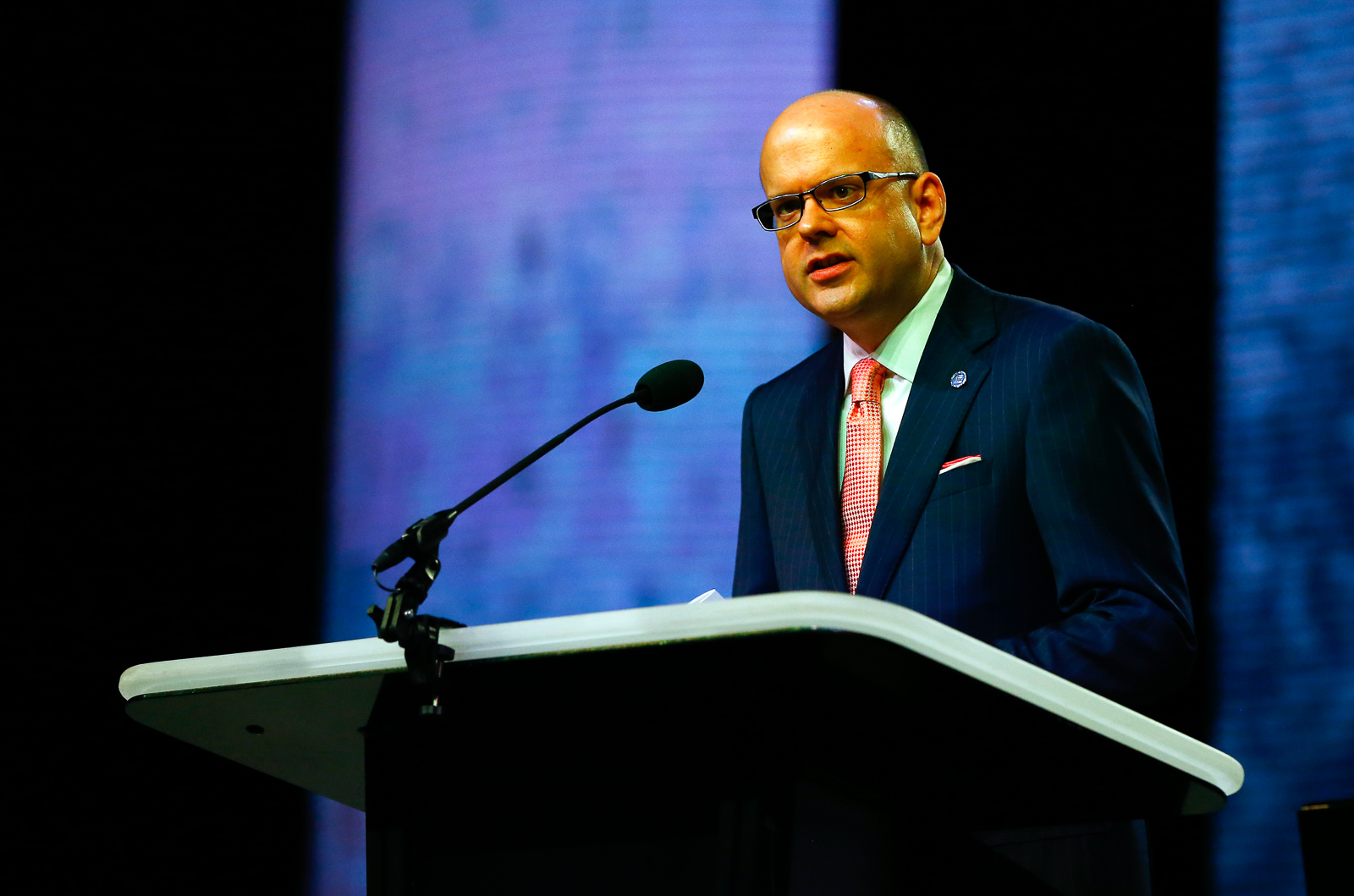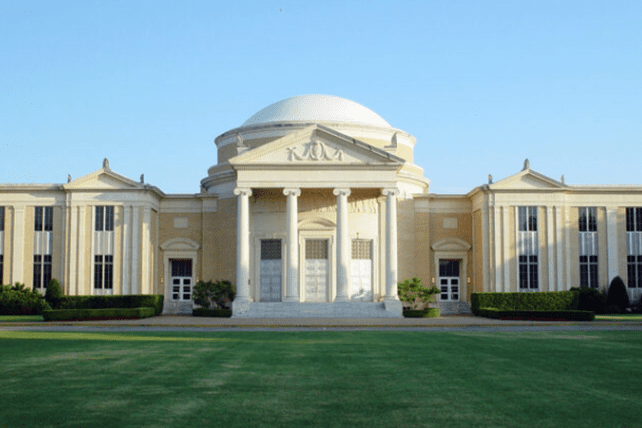(RNS) — Aaron Sligar, the former pastor of Living River Chapel, a Baptist church in tiny Sutton, West Virginia, believes in the mission of the Southern Baptist Convention and encouraged his congregation for years to give generously to the denomination, the United States’ largest Protestant body.
“The whole thing about Southern Baptists is we are better together,” he said. “We can get more done working together.”
But Sligar has had a harder time in recent weeks making his case. In June, the board of trustees at Southwestern Baptist Theological Seminary, one of the SBC’s flagship schools, announced that its leaders had run up a $140 million deficit over 20 years, a pattern of financial mismanagement that has left the school’s future in jeopardy. The school’s accreditor has issued a warning, giving the seminary two years to make improvements.
Sligar, a former trustee of the seminary, said that Southwestern’s financial crisis puts the SBC’s relationships with individual churches at risk. Working together is built on trust, especially when it comes to money, said Sligar. Baptists trust that the money their pastors ask for will go to God’s work and won’t be wasted.
When things go wrong, the grandmother in the pew is going to want answers.
Right now, there are no good answers for what’s gone wrong at Southwestern. Much of the blame for the school’s trouble was laid at the feet of former President Adam Greenway, who resigned in the fall of 2022 after a task force appointed by the board of trustees criticized his spending, according to a report, “without deference to financial controls and seminary financial policies.”

Adam Greenway addresses the annual meeting of the Southern Baptist Convention at the Birmingham-Jefferson Convention Complex on June 12, 2019, in Birmingham, Alabama. RNS photo by Butch Dill
The report cited $1.5 million spent on renovations and decorations for the president’s official residence on campus, including an espresso machine costing more than $11,000, some $60,000 for Christmas decorations and more than $25,000 for artwork.
Sligar, who quit the board in June, said that Greenway deserves some blame, but not all of it. A former investigator for the Federal Bureau of Prisons, the pastor said that in allowing Greenway to resign the trustees shirked their own accountability. If Greenway was solely to blame, he asked, “Why didn’t we fire him?”
As he learned more about the school’s finances, Sligar asked for a forensic audit, a common practice during his time at the federal prison bureau. “It’s hard to reset and go forward financially if you don’t know where the money has been spent,” he said.
Sligar said his call for a forensic audit was rejected.
The task force that examined Greenway’s renovations to the president’s house initially got a proposal from an outside firm, according to the board report, but decided in 2020 “that it was unwise to expend additional resources to conduct an audit until there was reason to do so.”
Sligar, who served on the task force, said he got “volumes” of receipts for Greenway’s spending but was shut down when he asked for the details of the spending of other leaders. Without that context, Sligar argues, the board could not get the full picture of what happened.

